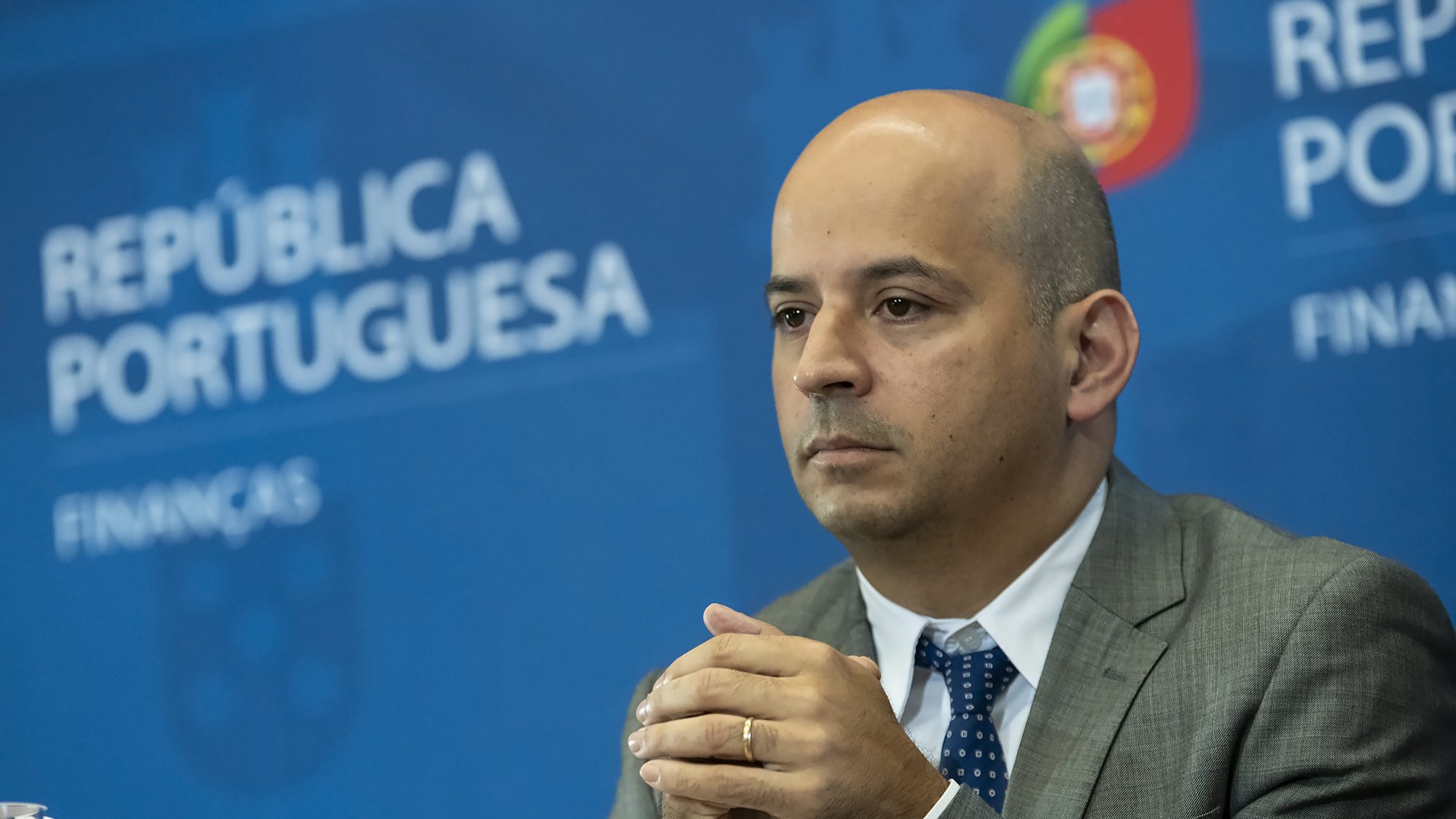From harsh forecasts to measures to conquer the left. What is already known about the State Budget 2021
The Council of Ministers approved on Thursday the State Budget for 2021, which will be handed over to Parliament next Monday.
Over 16 measures with the government’s guarantee, GDP to recover over 5% after a fall of 8% in 2020, and the budget deficit to fall to around 4% after exceeding 7%. This will be the State Budget for 2021 (OE2021), which the Council of Ministers approved on Thursday the State Budget for 2021, which will be handed over to Parliament next Monday. Negotiations are still ongoing and much could change in the parliamentary discussion, but here is what is already known about the Budget for the year of economic recovery.
With the assurance that European budgetary rules will not apply in 2021, the government has the green light to spend, even if it cannot forget the historically high level of government debt. “We have an economic and social crisis that needs a good budget. This is what we need to respond to,” the Prime Minister said this Tuesday, adding the following day in a debate in Parliament that he has “great hope” that the 2021 State Budget will be made possible. By 27 November, the day of the final overall vote on the State Budget for 2021, much will still be negotiated between the parties, but it is already possible to know what the Portuguese can count on for next year.
First of all, Finance Minister João Leão assured that there will be no tax increases or income cuts next year. Similarly, there should be no significant tax cuts – except for small surgical decreases – or large increases in income, with the exception, for the moment, of the minimum wage which should rise by over 20 euros, and pensions, which should have an extraordinary increase in August next year. It is now known that public workers are not expected to see any increase in wages, while the normal progression continues.
One of the flagship measures of this Budget, which is generally supported by the parties on the left and by the NAP, is the new social support for the Portuguese without social protection, but the details are missing. There is still no concrete data, the figure can vary between 381 and 451 euros, regarding the poverty threshold (around 500 euros), but the Secretary of State for Parliamentary Affairs, Duarte Cordeiro, explained that this will be a temporary and extraordinary support for those without social protection and that it should cover over 100,000 people, which will cost “several hundred million euros.”
Minimum wage and labour law to please left-wing parties
In the Public Sector, the focus is on the potential increase in the minimum wage of public workers and the hiring of more professionals. According to Duarte Cordeiro, a mapping of needs will be made for the recruitment of a further 4,200 professionals for the National Health Service (NHS) in 2021 – those on the front line of Covid-19 will also receive an extraordinary risk subsidy. There will also be another 260 professionals for the NHS and another 60 inspectors for the Working Conditions Authority (ACT). Another novelty is that next year there will be a new internship programme in central and local government for young unemployed people or those looking for their first job.
Changes in labour laws – which may not necessarily be reflected in State Budget 2021, but which are being negotiated in this context – include a moratorium suspending collective bargaining for 18 months, the extension of collective bargaining to workers in outsourcing arrangements, the limitation of contract renewals at the temporary work level to three (currently there are six), and new legislation on telework to control abuse and regulating workers’ rights.
Novo Banco and TAP in doubt
One of the great unknowns of this State Budget continues to be the Novo Banco, a topic that has marked the budgetary discussion since the bank was sold to the Lone Star in 2017 with the contingent capital mechanism that allowed state loans of up to 3.9 billion euros through the Resolution Fund. The government is looking for a solution that does not oblige the state to make a loan to the Resolution Fund next year.
It is also questionable whether TAP might need more money next year, given the evolution of the pandemic and its impact on the aviation and tourism sector, now that the Portuguese government will fully control the company.
State Budget 2021 between inherited expenditure and new European funds
It should be mentioned that the government already has almost two billion euros of an automatic budgetary impact next year because of measures taken in previous years. This includes, for example, the investments foreseen in the Economic and Social Emergency Programme (PEES) or the automatic increase in expenditure – because of progressions and demographics – of personnel expenditure and pension expenditure. In addition, the government has extended bank moratoria until September next year, in 2021 there will be the second phase of the programme to support the promotion of more sustainable buildings, there will also be the reduction of VAT on electricity for lower consumption and the programme to refund VAT in the sectors most affected by the pandemic, such as restaurants, housing and culture.
Finally, State Budget 2021 is expected to be the first in which Portugal will have money from the Resilience and Recovery Instrument, one of the sections of the European Recovery Fund approved in July and now being negotiated with the European Parliament. According to Expresso, more than 900 million euros could be involved under the Instrument’s pre-financing which will give a total of 12.9 billion euros in subsidies to Portugal. However, this will all depend on the progress of negotiations between the European Parliament and the European Council, ratification by national parliaments and the speed with which the European Commission can then go to the financial markets to issue debt.


